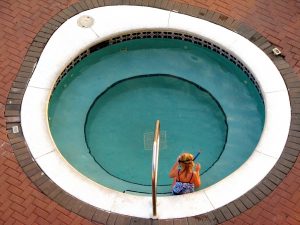The phrase “pain and suffering” is familiar to many people even outside the legal sphere, but it’s not as well understood. It does not mean anyone is entitled to money just because they were hurt. It also not a catch-all for every loss. As it pertains to Florida injury lawsuits, pain and suffering is a broad term, but technically speaking covers the general, non-economic damages associated with the physical and emotional distress of an injury caused by someone else’s negligence.
Although it’s something of an abstract concept, a person who claims pain and suffering can receive cold, hard cash for the carelessness or wrongdoing that led to injury. Legally, it can be tough to establish because it’s not just the pain of a physical injury, but the mental and emotional anguish that accompanies it. Having a South Florida injury lawyer who can help accurately assess your pain and suffering damages and convey those to decision-makers can be pivotal in ensuring you receive fair compensation. Continue reading
 South Florida Injury Lawyer Blog
South Florida Injury Lawyer Blog





